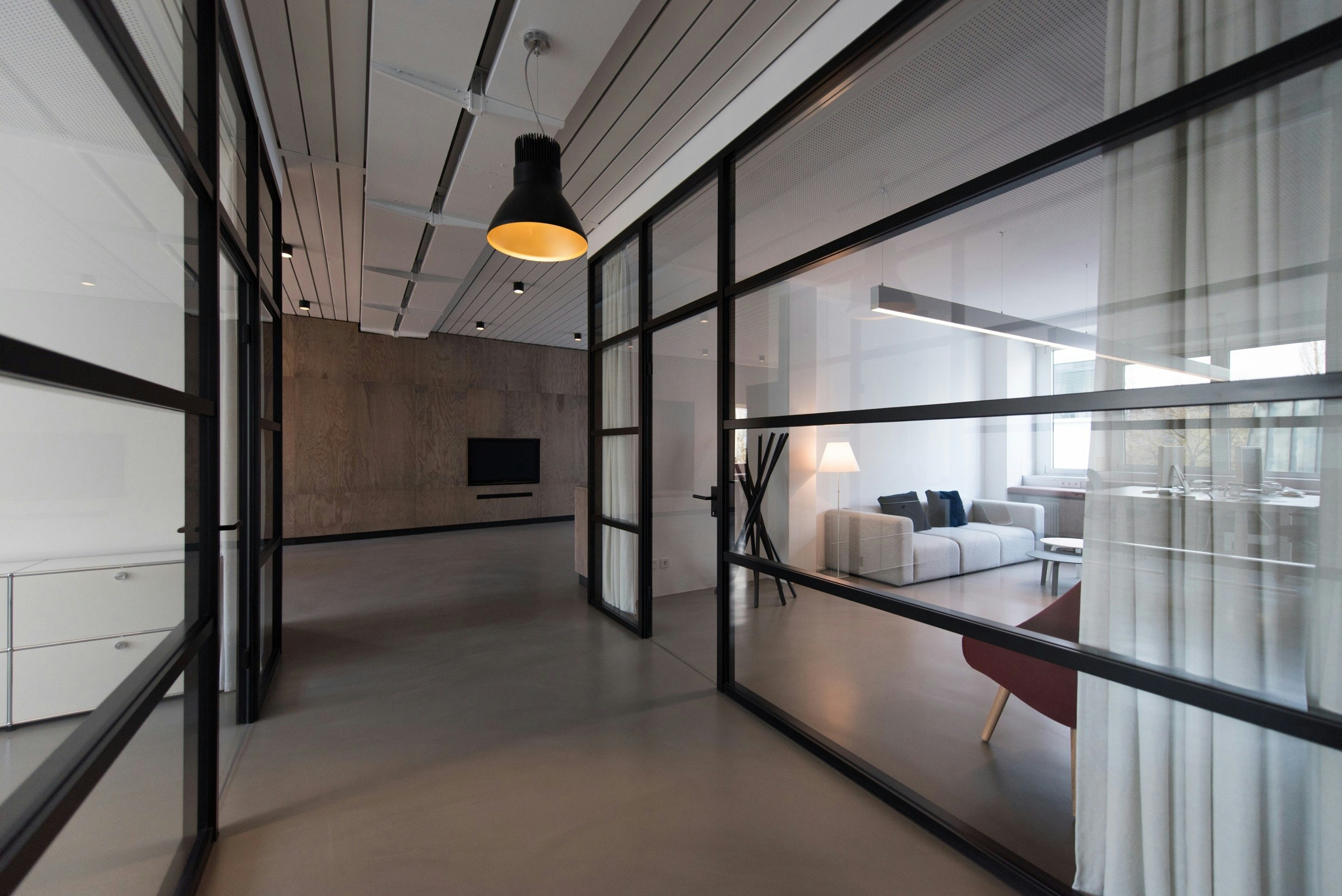The Future of Work: How Coworking Spaces Are Shaping Modern Business
Business Insights
Aug 7, 2024
5 Min Read
As the traditional office model continues to evolve, coworking spaces are emerging as a pivotal force in shaping the future of work.
Introduction:
As the traditional office model continues to evolve, coworking spaces are emerging as a pivotal force in shaping the future of work. Offering more than just a desk and WiFi, these spaces are redefining what it means to work in the modern age. In this blog, we explore how coworking spaces are influencing business practices, fostering innovation, and setting new standards for the workplace of tomorrow.
1. Flexibility and Scalability
One of the primary reasons businesses are turning to coworking spaces is the unparalleled flexibility they offer. Unlike long-term leases and rigid office setups, coworking spaces allow companies to scale up or down based on their current needs. Whether a startup looking to expand or a corporation seeking satellite offices, coworking provides the agility to adapt quickly without the burden of overhead costs.
2. Innovation Through Collaboration
Coworking spaces are designed to foster collaboration and innovation. By bringing together professionals from diverse industries and backgrounds, these environments create opportunities for spontaneous interactions, idea exchanges, and partnerships that might not occur in a traditional office. This collaborative atmosphere is particularly beneficial for startups and small businesses looking to innovate and grow.
3. Enhanced Employee Satisfaction
Workplace satisfaction is a critical factor in employee retention and productivity. Coworking spaces often provide a more relaxed and comfortable atmosphere compared to conventional offices. With a range of amenities, from wellness programs to community events, these spaces contribute to a better work-life balance, leading to happier and more motivated employees.
4. Access to Global Networks
Many coworking spaces are part of larger, global networks that allow members to access facilities in different cities or countries. This is particularly advantageous for companies with remote teams or frequent travelers, as it provides a consistent and professional workspace no matter where they are. Additionally, it opens up networking opportunities on a global scale, connecting professionals with potential clients, partners, and collaborators across borders.
5. Sustainable and Cost-Effective
In today’s business landscape, sustainability is more than just a trend—it’s a necessity. Coworking spaces are often designed with sustainability in mind, offering eco-friendly amenities, energy-efficient buildings, and waste reduction programs. This not only benefits the environment but also provides a cost-effective solution for businesses looking to reduce their carbon footprint without compromising on quality or productivity.
Conclusion:
Coworking spaces are more than a passing trend; they are a fundamental shift in how we approach work. By offering flexibility, fostering innovation, enhancing employee satisfaction, providing global access, and promoting sustainability, coworking spaces are at the forefront of the future of work. As businesses continue to adapt to an ever-changing world, these spaces will play a crucial role in defining the next era of work.
Author
Oliver Bennett
Oliver Bennett is a thought leader in the coworking industry, with a background in corporate real estate and workplace design.
Join our newsletter list
Sign up to get the most recent blog articles in your email every week.
Similar Blogs







